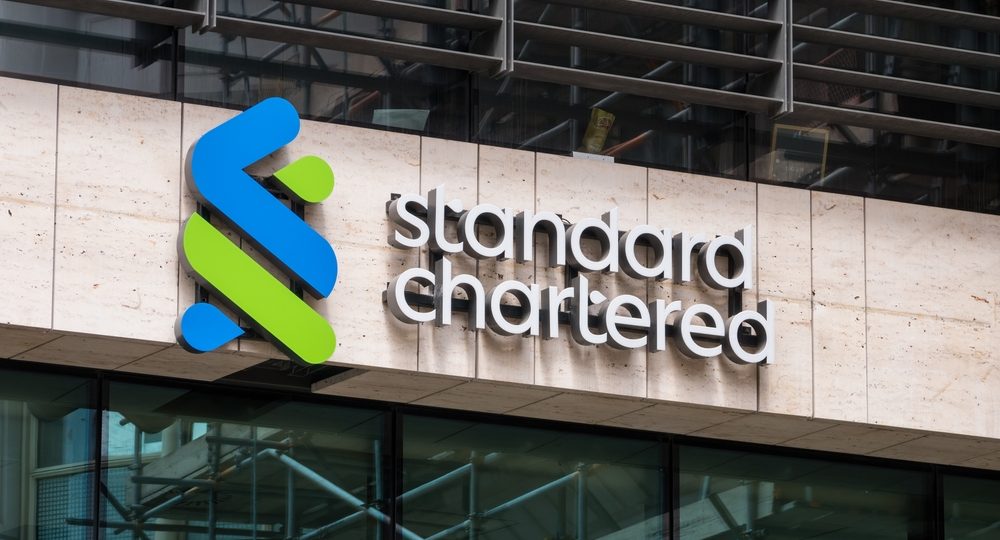Keith Thomas, Head of Securities Litigation and partner Lorraine Lanceley spoke to the Financial Times following news that institutional investors in Serco had reached a settlement with the outsourcing company over allegations of contract overcharging, covered in full in our earlier article. The FT’s commentary references the groundbreaking UK case brought by Royal Bank of Scotland shareholders represented by Stewarts, reaching settlement in 2016 and 2017. Sections of the FT article are reproduced here.
US shareholder lawsuits have led to billions of dollars in payouts. Now investors stung by UK stock price drops are increasingly turning to litigation. Institutional investors in Serco this week reached a settlement with the outsourcing company over a contract overcharging scandal that prompted a plunge in its shares, in the first case of its kind to go to trial in England.
Similar lawsuits are piling up in the High Court against other London-listed companies including Glencore, Standard Chartered and Barclays. Keith Thomas, head of securities litigation at law firm Stewarts, said such cases had accelerated as a result of investors’ desire to “hold companies to account” for “egregious governance failures”.
While shareholders were given strengthened powers in 2006 to sue UK companies for making “untrue or misleading” statements through Section 90A of the Financial Services and Markets Act, it is only recently that lawsuits seeking to use them have gained momentum. Advocates of such litigation argue that it can help raise governance standards in corporate Britain, which has been beset by a series of scandals over the past decade at companies including Carillion, Patisserie Valerie and BHS.
Litigation is picking up against a backdrop of underperformance in UK stocks. Over the past decade, the FTSE 100 has delivered little more than a fifth of the S&P 500’s return in sterling terms, including dividends. The lawsuits have typically been filed against companies whose shares have underperformed particularly acutely — such as Serco, whose stock dropped about 70 per cent during 2013 and 2014.
Shareholder litigation is a costly business for companies in the US, which according to Cornerstone Research and Stanford Law School have paid out $115bn since 1996 to settle about 2,900 securities class action lawsuits. The first UK case was brought in the aftermath of the global financial crisis, when groups of Royal Bank of Scotland shareholders sued over allegations the bank misrepresented its financial health when it tapped them for cash in 2008. The bank settled the claims during 2016 and 2017 for about £900mn. Plaintiffs also secured a payout in 2021 from supermarket group Tesco, which paid £193mn to settle a shareholder lawsuit over a 2014 accounting scandal.
Whereas claims in the US can be brought on an opt-out basis, meaning investors are automatically included in proceedings, no such class action regime for these types of claims exists in England.
Another case has the potential to facilitate more shareholder lawsuits by allowing them to be brought on an opt-out basis. Plaintiffs in a case against Indivior and the drugmaker’s former parent Reckitt are trying to make it a “representative claim”, which is more akin to a US-style class action. The High Court in December denied the claimants permission to make it such a case, but the Court of Appeal this month allowed them to challenge the ruling.
Financial Times subscribers can read the full article here.
You can find further information regarding our expertise, experience and team on our Securities Litigation page.
If you require assistance from our team, please contact us.
Subscribe – In order to receive our news straight to your inbox, subscribe here. Our newsletters are sent no more than once a month.







